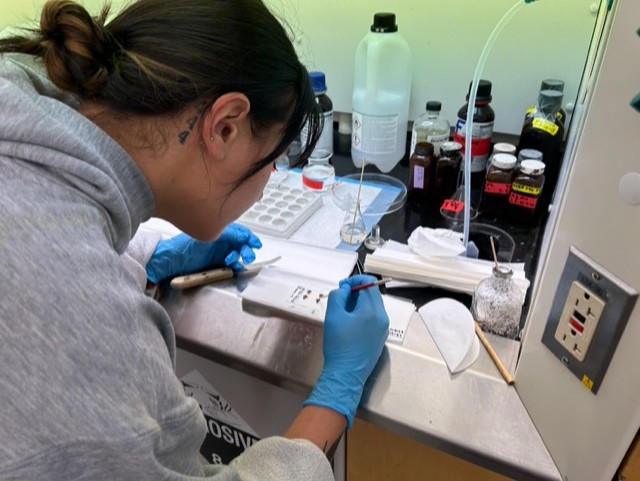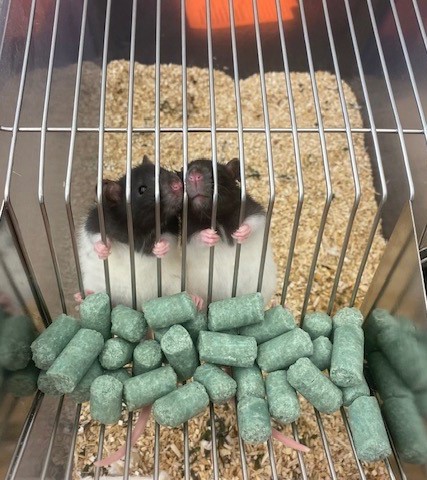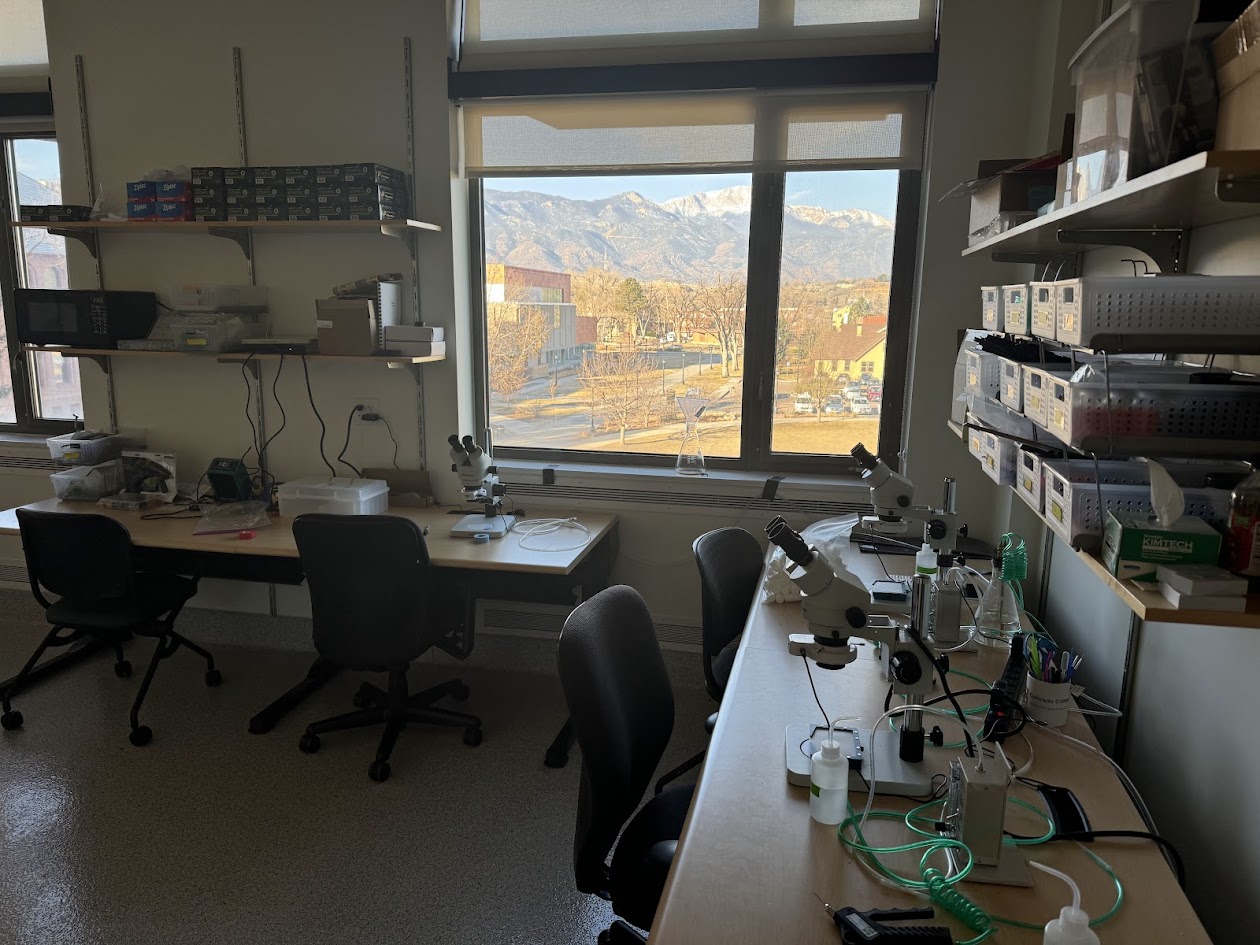
Research Opportunities
Students who are majoring in Neuroscience are not required to do a senior thesis. However, students must give an oral or poster presentation at the Psychology/Neuroscience Poster Day, CSURF, or other departmental or professional conference of research they have conducted or an internship in which they have participated during their time at CC. The research or internship experience can be a research course from one of the following:
It can also be a structured on-campus or off-campus research or internship experience during the summer or school year. The research or internship experience must be approved by, and the presentation scheduled with, the Director of Neuroscience at least one semester prior to the presentation.
There are many reasons for choosing to explore a research opportunity at CC, and there are many options from which students can choose. You should discuss your specific situation with your advisor to determine which option or options are best suited for your needs. You may need to explore multiple options in order to be assured of an opportunity.
This option is ideal for students who would like to obtain experience in conducting laboratory research, but who do not have the time or the desire to also write a senior thesis as part of the experience. This type of research is sufficient for many students who plan to attend medical school, and in some cases for students who intend to apply for graduate programs in neuroscience. The research can take place in any laboratory at any time; if you wish to obtain credit for your work, ask your research advisor about the course numbers that are suited for this purpose.
A number of paid and unpaid summer research opportunities are available to undergraduates who wish to gain experience in techniques or areas of neuroscience that are not available at Colorado College. This type of research will not be eligible for a senior thesis at Colorado College except under extraordinary circumstances that are arranged during your junior year with a Neuroscience advisor at CC. The following are some off-campus research opportunities of which we are aware; many others are available and can be found by searching on the Internet. Check the links for application due dates and requirements.
Research Experiences for Undergraduates (REU): The National Science Foundation (NSF) funds undergraduate research assistantships in many large university laboratories. These highly competitive assistantships can be found all over the country and in many different fields.
The Amgen Scholars Program is designed to recruit exceptional students interested in careers in biological and biomedical sciences with an intensive 10-week laboratory experience at one of the top research institutions in the nation. Scholars will engage in an independent research project under the mentorship of faculty at Washington University in St. Louis.
The Behavioral Research Advancements in Neuroscience (BRAIN) summer research program is a 10-week Atlanta-based summer research program that provides full room and board plus a stipend.
NIH Summer Internship Program In Biomedical Research: Summer programs at the National Institutes of Health (NIH) provide an opportunity to spend a summer working at the NIH side-by-side with leading scientists in an environment devoted exclusively to biomedical research.
Faculty for Undergraduate Neuroscience (FUN) list of undergraduate internships
This option entails arranging to do research in collaboration with a Neuroscience advisor, as well as enrolling for one or more thesis blocks during your senior year. The collection of data and/or literature research can take place at any time, including during the summer prior to your senior year. These research opportunities are limited in number, and they are assigned on a competitive basis. If you are interested in conducting senior thesis-level research, the best approach is to ascertain the research interests of the current Neuroscience advisors, then email those advisors with whom you may want to do research early in your junior year to discuss potential options. Summer stipends may or may not be available depending on the advisor, the timing of the research, and the level of the project.
PY451-454; BY309/409; CH201/301/403.
show all / hide all


